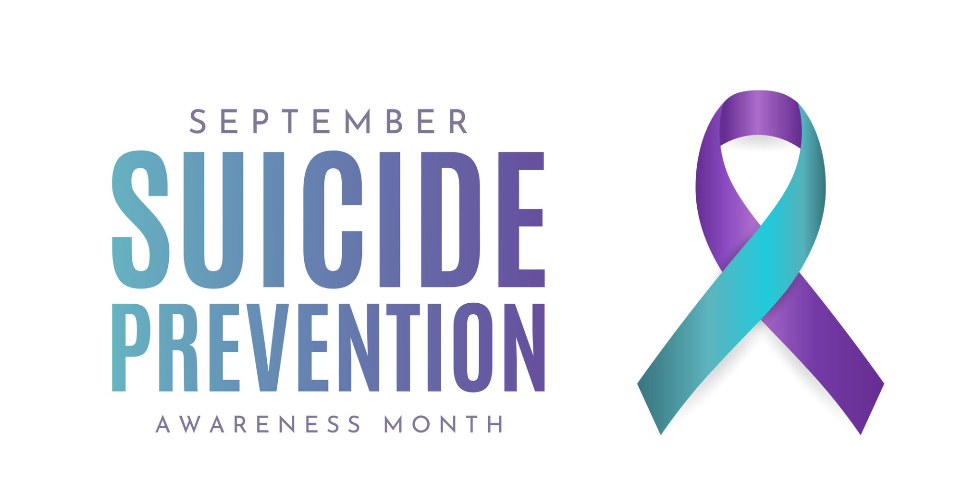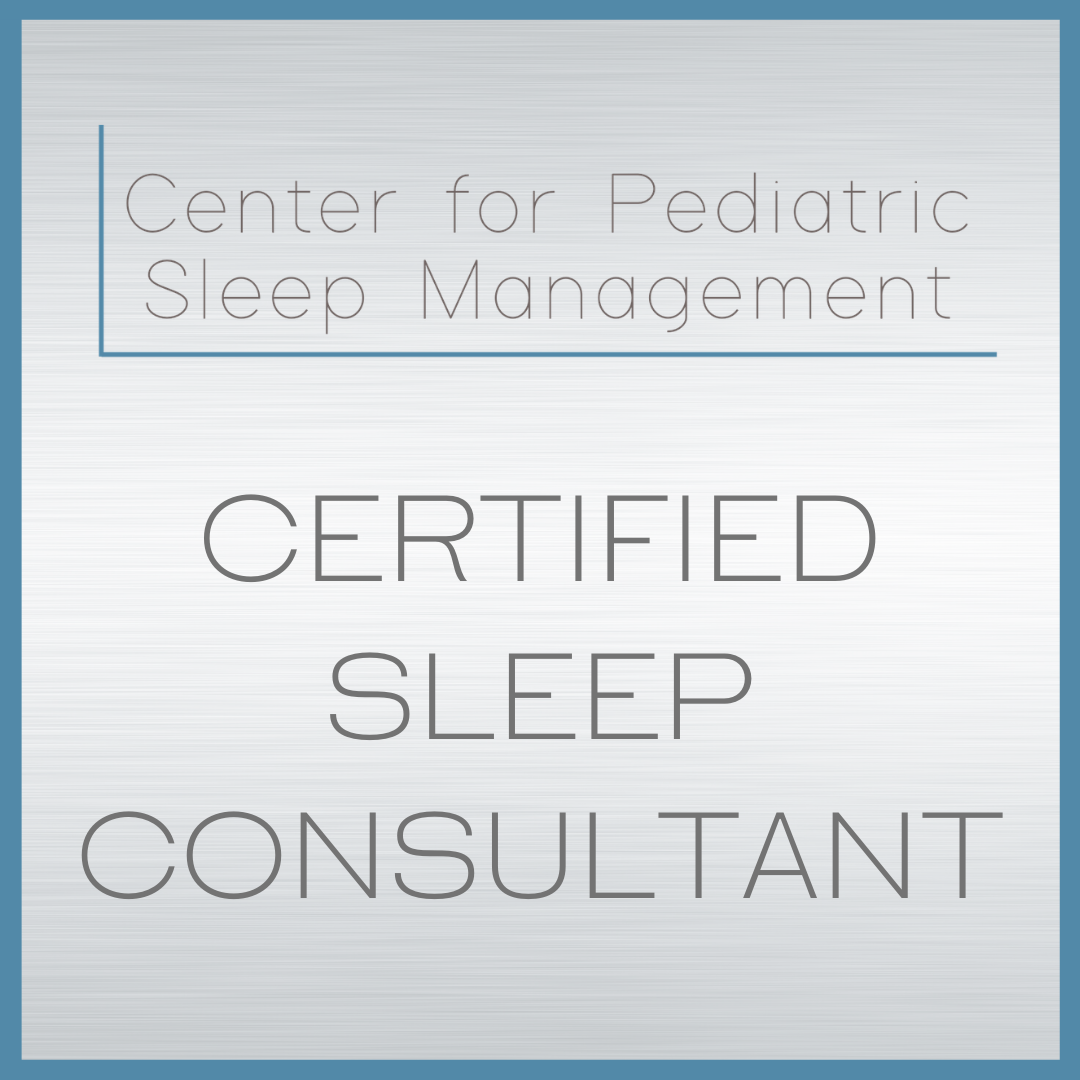Postpartum Depression & Sleep: Understanding the Connection and Finding Support
Lacy Hess • September 8, 2025
Recognizing the Signs of PPD and PMAD's and How Sleep Plays a Role in Recovery

September is Suicide Awareness Month, and this week marks International Suicide Awareness Week, making it the perfect time to shine a light on Postpartum Depression (PPD)
and Postpartum Mood and Anxiety Disorders (PMADs).
According to the National Institutes of Health (NIH), suicide is a leading cause of death in the perinatal period, which includes pregnancy and one year postpartum. It accounts for about 20% of postpartum deaths. Even more concerning, research shows that PPD affects approximately one in seven women during the perinatal period, and up to 50% of cases go undiagnosed because of stigma or reluctance to disclose symptoms.
As a pediatric sleep consultant and a mom, I can’t help but wonder:
Do parents know the signs and symptoms before they reach a crisis point?
Do they know what resources are available ahead of time.
Because when we’re in the thick of newborn parenthood, exhausted and overwhelmed, it’s a tough time to start looking for help.
My Experience as a Mom
I was aware of PPD thanks to my medical background, but I didn’t know about all the resources available until much later. While I didn’t experience PPD myself, I can remember feelings of anxiety and intrusive thoughts after my second baby. I was fortunate to have a supportive husband, but he couldn’t fully relate to what I was feeling as a new mom.
Looking back, I wish I had learned more about the different resources available to me
so that if I felt like I needed some support, I would know exactly where to go. Now, through Lacy’s Lullabies, I’ve connected with incredible businesses and professionals who support postpartum parents in ways I wish I had known about sooner.
How Sleep Impacts Postpartum Mental Health
So how does this relate to sleep?
Research shows that PPD and PMADs often stem from hormonal changes, genetics, and environmental factors. Sleep deprivation is a major environmental factor.
While lack of sleep is expected in early parenthood, especially if you’re exclusively breastfeeding, it can worsen anxiety, depression, and overall health during the perinatal period.
Babies shouldn’t go longer than four hours without feeding in the first couple of months, so sleep disruptions are unavoidable. But there are ways to improve the quality of sleep you get and set your baby up for healthy sleep habits as they grow.
Tips for Managing Sleep and Mental Health Postpartum
- Use your support system.
If you have a spouse, family member, or friend, let them watch the baby between feedings so you can rest. Even short, uninterrupted stretches improve quality of sleep.
- Establish early sleep and feeding routines.
Things won’t be perfect every day, but starting routines early pays off as your baby transitions into the infant and toddler stages.
- Join a postpartum support group.
Many local and virtual groups offer emotional support and connection. You don’t have to wait until after the baby is born to join.
- Reach out to professionals.
A perinatal mental health professional or sleep consultant, like me, can guide you through sleep challenges while connecting you to resources. I personally recommend:
- Dr. Nicole Kumi at The Whole Mom for amazing and often free perinatal mental health resources.
- Postpartum Support International (PSI), which offers free resources and a 24/7 Help Line at 1-800-944-4773 for anyone needing immediate support.
PSI Shares Warning Signs of PPD and PMADs
- Postpartum Depression Signs (Postpartum Support International):
- Anger, irritability, or rage
- Lack of interest in the baby
- Changes in sleep or appetite
- Crying and sadness
- Guilt, shame, or hopelessness
- Loss of interest in things you once enjoyed
- Thoughts of harming yourself or your baby
- Postpartum Mood & Anxiety Disorder Signs:
- Constant worry
- Racing thoughts
- Trouble relaxing or sitting still
- Physical symptoms like nausea, dizziness, or hot flashes
- Feeling on edge or overly anxious
- If you experience any of these, seek help right away. You are not alone.
Resources for Postpartum Support
- Postpartum Support International| 24/7 Help Line: 1-800-944-4773
– Perinatal mental health coaching and free resources
- Houston Mom's Support Group (in-person)
Final Thoughts
Getting more sleep won’t prevent PPD or PMADs for everyone, but it’s one step toward improving overall well-being. Combined with professional care, social support, and early awareness, sleep can play a powerful role in recovery.
If you’re feeling overwhelmed or know someone who is, reach out to your resources. Help is available, and you deserve support.
References
Carlson K, Mughal S, Azhar Y, et al. Perinatal Depression. [Updated 2025 Jan 22]. In: StatPearls [Internet]. Treasure Island (FL): StatPearls Publishing; 2025 Jan-. Available from: https://www.ncbi.nlm.nih.gov/books/NBK519070/
Chin K, Wendt A, Bennett IM, Bhat A. Suicide and Maternal Mortality. Curr Psychiatry Rep. 2022 Apr;24(4):239-275. doi: 10.1007/s11920-022-01334-3. Epub 2022 Apr 2. PMID: 35366195; PMCID: PMC8976222.
Postpartum Support International. "Perinatal Mental Health: Signs, Symptoms and Treatment." Accessed September 7, 2025. https://www.postpartum.net/perinatal-mental-health/




